|
Indra Das, The Last Dragoners of Bowbazar, Subterranean Press, 2023. Indra Das is too rare an author. This new fantasy novella offers us glimpses of dragons and of another world in exile, through dream-like memories. Ru is a child in Calcutta* in the 90s. An only child, he stands apart from his school mates, looking Indian but not Bengali, with a family that evades all his questions about where they come from. Sometimes, he remembers strange rituals, or dragons growing up in the tree in the backyard. As a teenager, he finally finds his first friend, a Chinese girl his age whose parents own a restaurant next door. The Last Dragoners of Bowbazar is told from Ru's first person point of view which offers us only glimpses into memories he doesn't remember that well himself. Sometimes, they're out of chronological order, sometimes they're just too incomplete. Others bring us closer to understanding the story of his family, their beliefs, their role and their power. When Ru befriends Alice and they find his father's novel, the mystery finds explanations through fiction, reinforcing the interstitial aspect of the novella. In a sense, Das wrote the anti-Ann McCaffrey novel (although her novels are mentionned explicitly in Das' novella). There's no dashing adventure, but a lonely child who tries to understand who he is while his parents' past is forever closed to him. We read about the ordinary one who doesn't go on an adventure and never quite know what happened. Because of this, there's a pervasive and beautiful melancholy infusing every page, the promise of a truth that you never quite grasp and eludes you, shining ahead. Ru is an endearing character and Das perfectly captured the loneliness of a child, and later the shyness of a teenager. Alice, his friend, is another endearing character, bringing to Ru's life a breath of fresh air and a certain freedom--the freedom to explore what the adults are hiding, the freedom to go out in Calcutta. Their relationship is a beautiful one, tottering between friendship and maybe more, revealing the depths of their feelings for each other. We see Ru's grand-mother and parents through Ru's eyes. The choices they make to protect him might seem outrageous but they also reveal their love for the child. The adults are fallible, and Ru, like every teenager, will come to recognise that. It's from bits of conversation that we know more about where they come from, about their gender-non-conforming culture, their magic, and relationship to dragons and reality. Das embraces fully the interstitial aspect and the prose itself becomes a vehicle for the dream-like quality of the story. The sentences in Ru's memories follow a rhythm that meanders, loses itself, or turns abruptly. It also fits wonderfully this tale of a lonely outsider who never fully grasps his own life because he's condemned to remain in the margins while others who belong can seize opportunities. Nonetheless, the ending isn't a bleak one and offers possibilities. But it would be an entirely different story. The Last Dragoners of Bowbazar is a mesmerising story, telling beautifully about loneliness and being in exile of your own life. It is a coming-of-age novella unlike any other, full of onirism and powerful untold tales. * One lives and learns. For instance, I learned that the name Kolkata was the official name of the city only from 2001. If you've liked The Last Dragoners of Bowbazar, you may also enjoy
Comments are closed.
|
All reviews are spoiler free unless explicitly stated otherwise.
I only review stories I have liked even if my opinion may be nuanced. It doesn't apply for the "Novels published before 1978" series of blog posts. Comments are closed, having neither time nor the inclination to moderate them. |
WHAT IS THE MIDDLE SHELF?
The middle shelf is a science-fiction and fantasy books reviewS blog, bringing you diverse and great stories .
PLEASE SUPPORT AUTHORS.
IF YOU LIKE IT, BUY IT. |
ON THE MIDDLE SHELF
|
KEEP IN TOUCH WITH THE MIDDLE SHELF
|
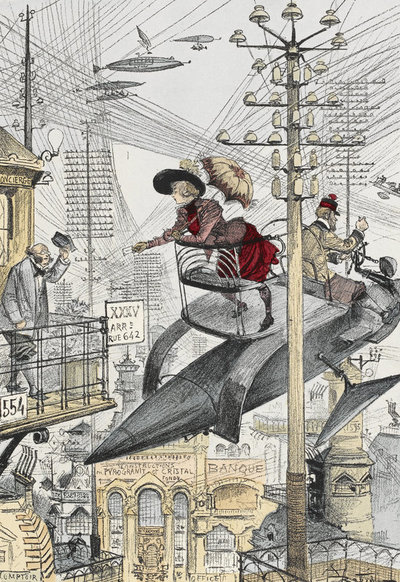
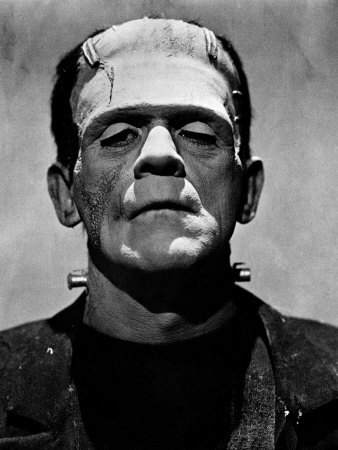
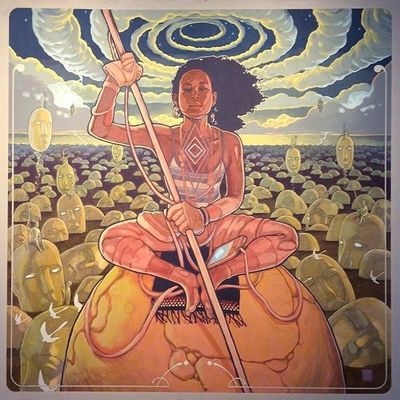
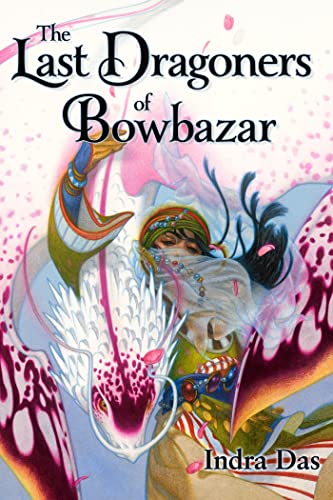
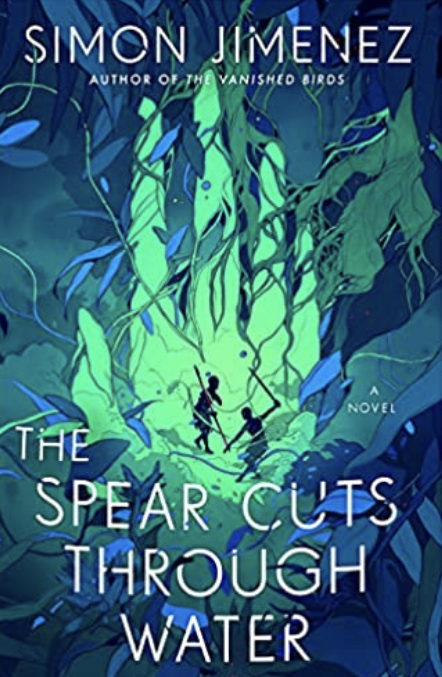
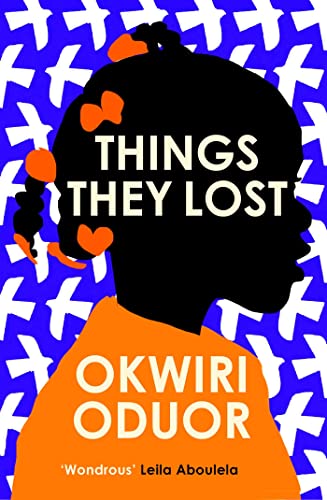
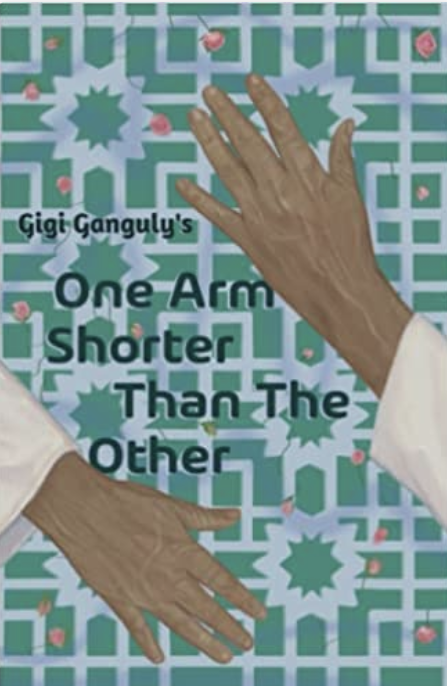
 RSS Feed
RSS Feed
